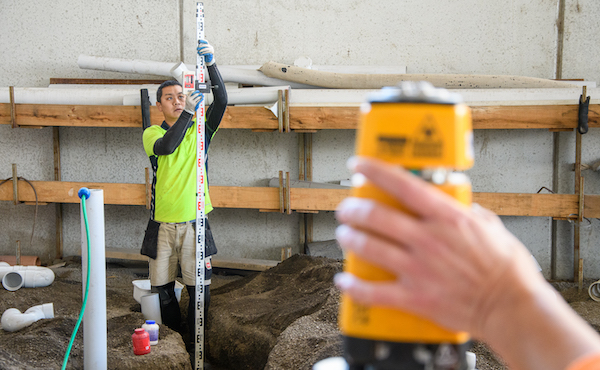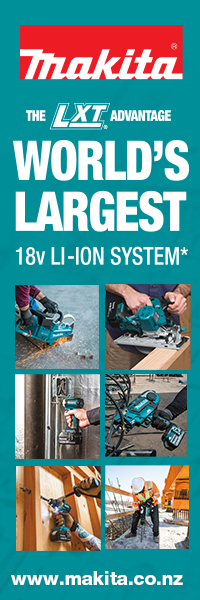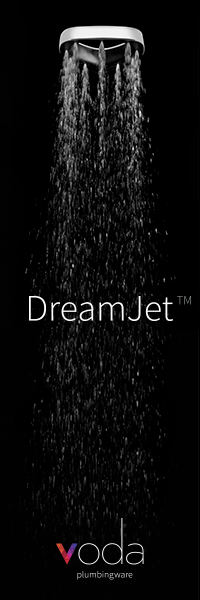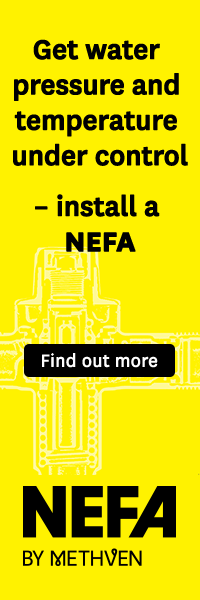Apprentice Training
2025 Work-based learning reforms – targeted consultation
Following public consultation in September 2024 on the redesign of the vocational education and training system, the Government has agreed to further targeted consultation with industry on the future model of work-based learning.
Two options for work-based learning have been proposed, and Master Plumbers would like your feedback on the two models put forward for consideration.
|
TAKE OUR SURVEY HERE >> Our member survey takes just a few minutes and is open until 18 February. |
Proposed work-based learning models
Under both Option B and Option C, the current Workforce Development Councils (WDCs) would be disestablished and replaced by Industry Skills Boards (ISBs).
Master Plumbers favours Option C, the collaborative model, as we believe maintaining a relationship between ISBs and learners is beneficial.
However, there remain questions about how each option will work in practice, particularly regarding embedding workplace assessments and the rollout of the new PGD qualifications.
Master Plumbers is still engaging with industry and government to better understand both models and their implications on the PGD training landscape. We will provide further information to members as we finalise our position on the consultation.
Option B: Independent Work-Based Learning Model
Implications:
- ISBs focus on standard-setting, quality assurance, and investment advice with no direct role with learners.
- Lower funding levels compared to WDCs, leading to greater reliance on provider fees and levies.
- Training delivery is managed by providers, ensuring clear separation of responsibilities.
Benefits:
- Minimal disruption to current apprenticeship and traineeship relationships.
- Simplified structure with clearer accountability, as one provider manages the entire training experience.
- Potentially lower administrative burden for industry.
Costs:
- Lower public-funding could mean higher costs for providers, impacting affordability.
- Providers will incur fees for ISB quality assurance services, such as moderation and endorsement.
- Industry may face indirect costs from fragmented industry engagement.
Risks:
- ISBs lack direct interaction with employers and apprentices, which may reduce industry responsiveness.
- Less flexibility for apprentices and trainees to receive additional support.
- Potential funding instability if ISBS struggle to generate sufficient revenue through levies and fees.
- Industry levies may be unpopular and create accountability challenges.
Option C: Collaborative Work-Based Learning Model
Implications:
- Stronger regional focus, as training and pastoral care are distributed among multiple providers and ISB.
- ISBs play an active role in learning support, ensuring closer alignment between training and workforce needs.
- Greater integration between off-job and on-job training elements.
Benefits:
- Better coordination between on-job and off-job training.
- ISBs support workforce planning by directly engaging with employers and learners.
- Stronger employer involvement in ISBs ensures industry-aligned training.
Costs:
- Higher administrative costs due to shared responsibilities between ISBs and training providers.
- Potential for overlapping roles between ISBs and providers, creating inefficiencies.
- Greater complexity in managing funding allocations across multiple entities.
Risks:
- More complex transition process – information sharing, staffing and set-up.
- Potential for coordination challenges, confusion for employers and learners and accountability gaps, as both ISBs and providers share training responsibilities.
- Funding must cover both delivery and pastoral care separately, potentially reducing quality.
- Potential disruption for learners transitioning from Te Pūkenga.
We invite Master Plumbers members to provide feedback on their views of the reform, so we can submit our collective view to the Government.
Complete our survey HERE














































